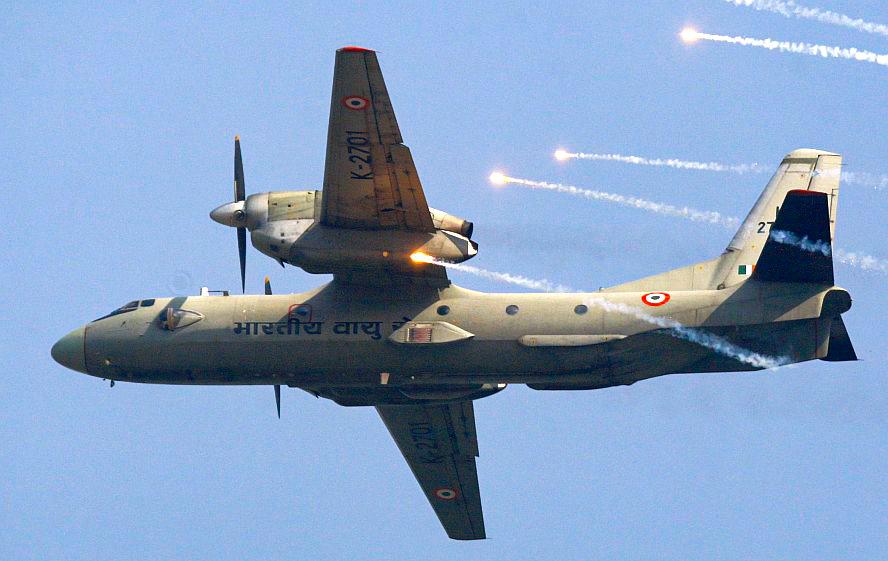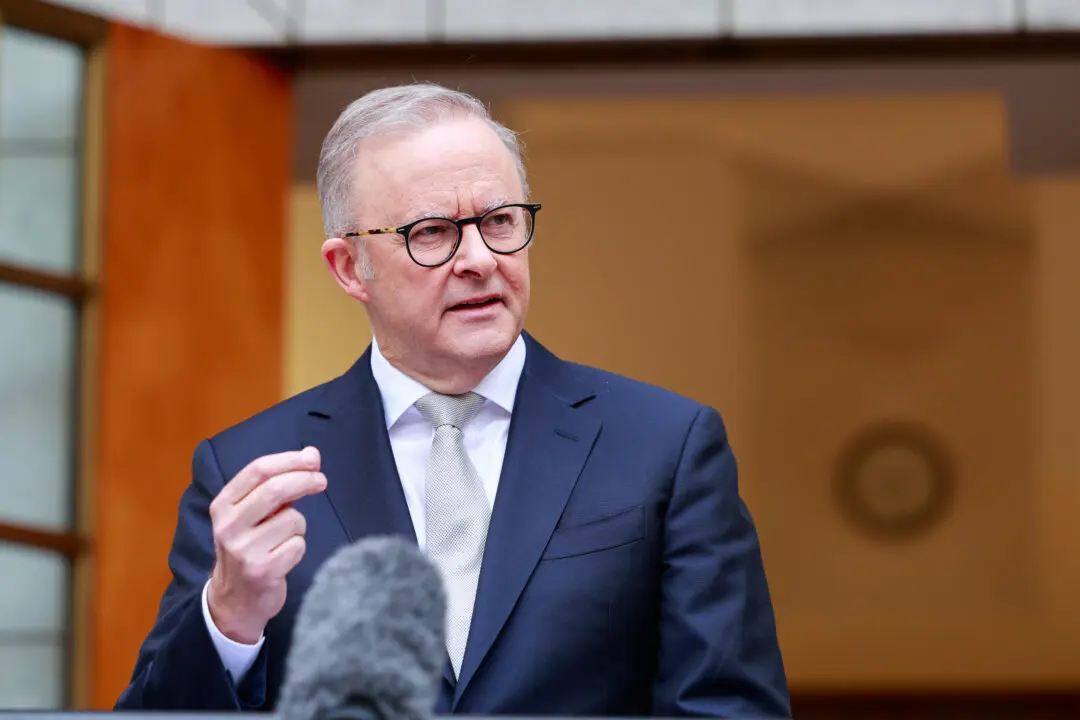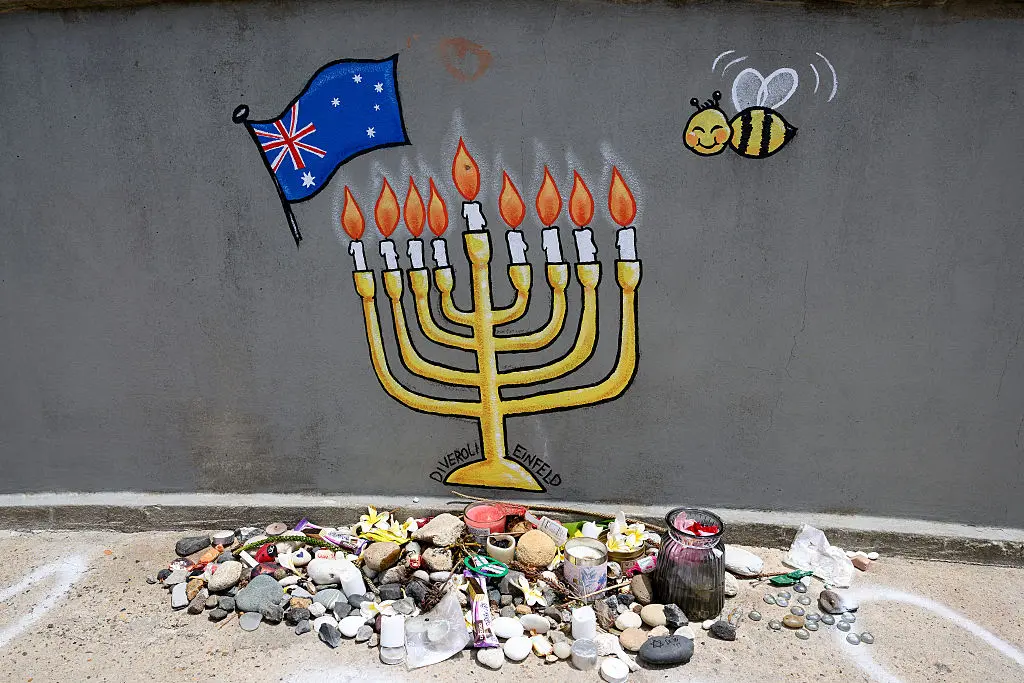India will station maritime patrol aircraft in Australia amid ongoing concerns of hostility in the Indo-Pacific region, a move that comes as part of a larger package that will see the Australian government commit around AU$280 million (US$209 million) into developing the relationship.
Australian Prime Minister Scott Morrison and Indian Prime Minister Narendra Modi met virtually on March 21, where they discussed closer ties across sectors such as trade, clean technology, space, culture, defence, and the Indo-Pacific.





